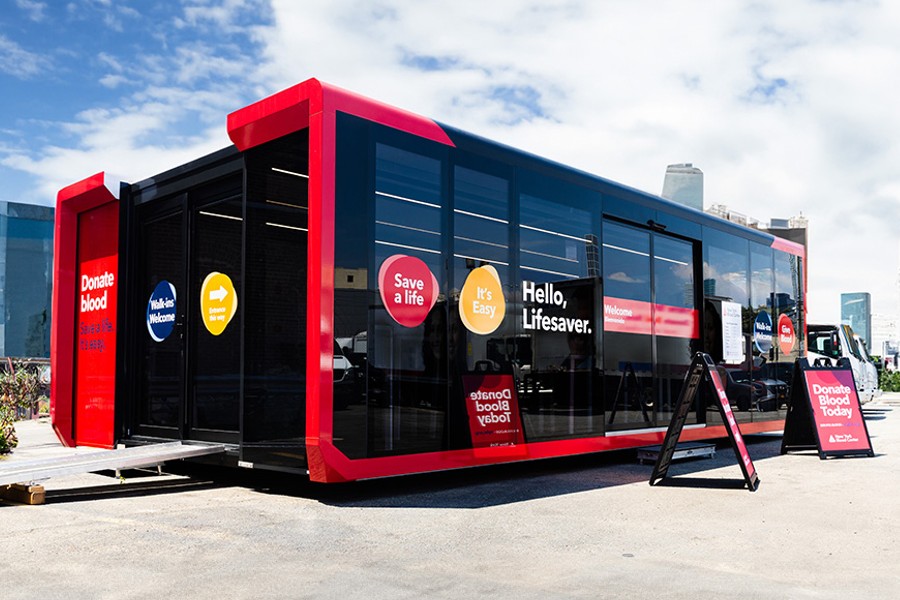
Addiction is a relentless adversary, often leaving us feeling trapped and overwhelmed.
Whether it’s battling substance abuse, technology dependency, or unhealthy relationships, the path to recovery can seem daunting. But fear not, because in this blog post, we’re going to dive deep into the strategies and insights that can help you conquer addiction. It’s a journey that demands resilience, determination and the right tools in your arsenal. So, if you’re ready to break free from the chains that bind you, let’s explore the essential considerations and practical steps to overcome addiction and reclaim your life.
Seek Professional Help
Seeking professional help is a pivotal step on the path to addiction recovery. Addiction specialists, therapists, and counselors possess the expertise to assess the nature and severity of your addiction, facilitating the development of a personalized treatment plan. For instance, alcohol rehab centers offer comprehensive programs that may include detoxification, individual and group therapy, support groups, and education on relapse prevention. These professionals can provide the necessary guidance, support, and tools to help individuals overcome their addiction, regain control of their lives, and embark on a journey toward lasting recovery. Remember, seeking professional help is a crucial step towards breaking free from addiction and building a healthier, substance-free future.
Join Support Groups
Joining support groups is a valuable component of addiction recovery. These gatherings, like Alcoholics Anonymous (AA) or Narcotics Anonymous (NA), offer a safe and empathetic environment where individuals grappling with addiction can connect with others who share similar experiences. Support groups provide a platform for sharing stories, insights, and coping strategies, fostering a sense of community and belonging that can be pivotal in maintaining sobriety.
The collective wisdom and encouragement from peers who understand the challenges of addiction can instill hope and motivation, helping individuals stay committed to their recovery journey. In these groups, individuals often find both emotional support and practical guidance that contribute to their overall well-being and resilience against addiction.
Cognitive-behavioral therapy (CBT)
Cognitive-behavioral therapy (CBT) plays a fundamental role in addiction recovery. This evidence-based therapeutic approach focuses on identifying and reshaping thought patterns and behaviors associated with addiction. By working with a trained CBT therapist, individuals can explore the root causes of their addictive behaviors, challenge negative thought processes, and develop healthier coping mechanisms. CBT equips individuals with practical strategies to manage cravings, handle triggers, and navigate high-risk situations.
Its emphasis on self-awareness and skill-building empowers individuals to regain control over their lives and make lasting changes. CBT is a versatile tool that can be adapted to address various types of addiction, making it a cornerstone of comprehensive addiction treatment programs.
Medication-Assisted Treatment (MAT)
Medication-assisted treatment (MAT) is a highly effective approach for individuals battling substance addiction. MAT combines evidence-based medications with therapy and counseling to address addiction comprehensively. These medications, such as methadone, buprenorphine, or naltrexone, are prescribed under the supervision of healthcare professionals to help manage withdrawal symptoms and cravings.
By stabilizing brain chemistry, MAT can reduce the physical dependence on drugs or alcohol, allowing individuals to focus on their recovery. This approach is particularly valuable for opioid and alcohol use disorders, as it improves treatment outcomes and lowers the risk of relapse. When integrated into a well-rounded treatment plan, MAT can significantly enhance an individual’s chances of achieving and sustaining sobriety.
Lifestyle Changes
Lifestyle changes are an essential aspect of addiction recovery. Adopting a healthier and more structured daily routine can greatly aid in the journey to sobriety. Regular exercise not only improves physical health but also boosts mood and self-esteem, providing a natural high. A balanced diet and adequate sleep support overall well-being and help the body heal.
Furthermore, replacing old habits with new, positive ones, such as engaging in hobbies or pursuing educational goals, can fill the void left by addiction. These lifestyle changes create a supportive environment for recovery, promoting physical and mental health while reducing the likelihood of relapse, and ultimately fostering a happier, more fulfilling life in sobriety.
Avoid Triggers
Avoiding triggers is a crucial strategy in addiction recovery. Triggers are situations, places, people, or emotional states that can provoke cravings or temptations to use substances. Identifying and steering clear of these triggers is vital for maintaining sobriety. It involves making conscious choices to limit exposure to environments or people associated with substance use and finding healthier alternatives.
Additionally, developing coping mechanisms, such as stress management techniques and relaxation exercises, can help individuals navigate trigger situations more effectively. By proactively avoiding or managing triggers, individuals in recovery can reduce the risk of relapse and strengthen their resolve to lead a substance-free life.
Develop Hobbies and Interests
Developing hobbies and interests is a constructive and fulfilling way to overcome addiction. Engaging in activities that ignite passion and curiosity can replace addictive behaviors with positive, purposeful pursuits.
Hobbies not only offer a healthy distraction but also promote personal growth, self-discovery, and a sense of accomplishment. Whether it’s exploring art, sports, music, gardening, or any other interest, these activities provide an avenue to channel energy and creativity positively.
Moreover, they foster social connections and a sense of belonging, helping individuals rebuild their lives beyond addiction. Cultivating hobbies and interests not only aids in recovery but also enhances overall well-being and enriches life in sobriety.
Mindfulness and Meditation
Mindfulness and meditation are powerful tools for overcoming addiction. These practices promote self-awareness, emotional regulation, and stress management, which are crucial skills in the recovery process. By learning to stay present at the moment, individuals can better understand their cravings and triggers without judgment, allowing them to respond more effectively.
Meditation provides a mental space to reflect on the underlying causes of addiction and develop healthier coping mechanisms. These techniques also reduce anxiety and depression, common co-occurring conditions with addiction. Incorporating mindfulness and meditation into a daily routine empowers individuals to build resilience, make healthier choices, and find inner peace on their path to lasting recovery.
Overcoming addiction is a multifaceted journey that requires dedication and a variety of strategies. Seeking professional help, joining support groups, and engaging in therapies like Cognitive-Behavioral Therapy (CBT) and Medication-Assisted Treatment (MAT) provide a solid foundation for recovery. Lifestyle changes, including exercise, diet, and healthy routines, help restore physical and emotional well-being. Avoiding triggers and developing hobbies offer practical ways to stay on track. Mindfulness and meditation, on the other hand, cultivate resilience and emotional balance. Embracing these strategies collectively empowers individuals to break free from the clutches of addiction and embark on a path toward lasting health and sobriety.
- Wells Fargo Shares Economic Impact From Open For Business Fund
- Harlem Rallies For Kamala Harris: A Historic Gathering Of Black Women Leaders
- In Conversation With Ketanji Brown Jackson At The Apollo Theater In Harlem
- Chancellor David C. Banks Appoints Simone Hawkins As Deputy Chancellor For Early Education
- Vibrant Summer Styles Are Making A Comeback 2024
Become a Harlem Insider!
By submitting this form, you are consenting to receive marketing emails from: Harlem World Magazine, 2521 1/2 west 42nd street, Los Angeles, CA, 90008, https://www.harlemworldmagazine.com. You can revoke your consent to receive emails at any time by using the SafeUnsubscribe® link, found at the bottom of every email. Emails are serviced by Constant Contact









